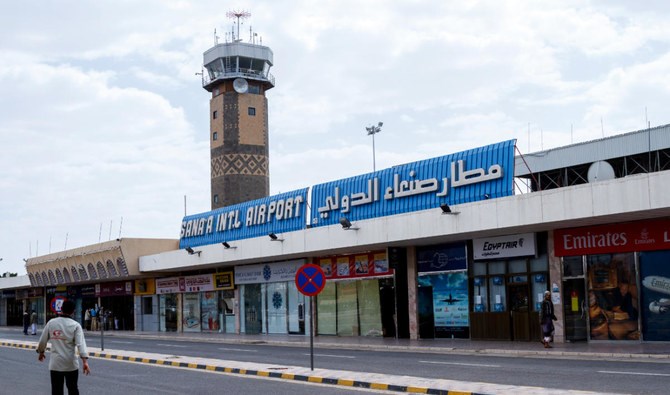Saudi refusal to open Yemen's airport caused deaths among patients
The UN-brokered truce seems not to be taken seriously by the same side that initiated the war on Yemen.
-

Sanaa International Airport
The Spokesperson for the Yemeni Civil Aviation Authority, Mazen Ghanem, said the failure of the Saudi coalition to abide by the terms of the armistice announced by the United Nations, including the opening of Sanaa airport, "caused the death of a number of patients who were scheduled to travel on the first commercial flight from the airport to the capital of Jordan, Amman."
One week ago, the Sanaa-Amman flight was postponed because the Saudi coalition denied the necessary permits for the passengers.
Ghanem stressed that "there is no legal justification for closing Sanaa International Airport to civilian flights," calling on the international community and the United Nations "to assume responsibility in taking a binding decision to open Sanaa International Airport to commercial flights."
Ghanem stressed that the coalition's refusal to give permission for any flights from the airport caused significant psychological damage, especially since they had completed travel procedures to Amman.
He pointed out that many expatriates wanted to visit their families and spend the Eid vacation in Jordan and were disappointed. 12 international organizations described the closure of the airport an "unforgivable crime" on a humanitarian level.
Yemeni Supreme Political Council: Armistice has not made any progress
"The countries of aggression are imposing many criminal measures, which have led to a rise in transportation costs, food and drug prices, added to many other repercussions," Mahdi Al-Mashat, head of the Yemeni Supreme Political Council, said on Monday.
He stressed that "with our commitment to the armistice and our desire for peace, we affirm that our armed forces are fully vigilant and ready to deal with any new circumstance," adding that after the expiration of half of the armistice period, no progress has been achieved regarding its most important provisions, related to easing the great suffering of the Yemeni people.
Al-Mashat added, "Despite all the concessions we made to demonstrate our keenness on peace, they were met with intransigence, stalling, and lack of response by the countries of aggression and those behind them."
"The countries of aggression and their mercenaries control the sources of Yemeni oil and gas resources," Al-Mashat said, revealing that they looted more than 129 million barrels of crude oil. He added that the value of the looted wealth was "enough to pay the salaries of all state employees" and that "the Republic of Yemen reserves its right to recover all the money looted by the mercenaries of aggression."
Al-Mashat estimated that the value of the looted oil exceeds $7 billion, in addition to other resources.
The armistice, which entered into force on April 2, witnessed many violations by the Saudi coalition.

 3 Min Read
3 Min Read








